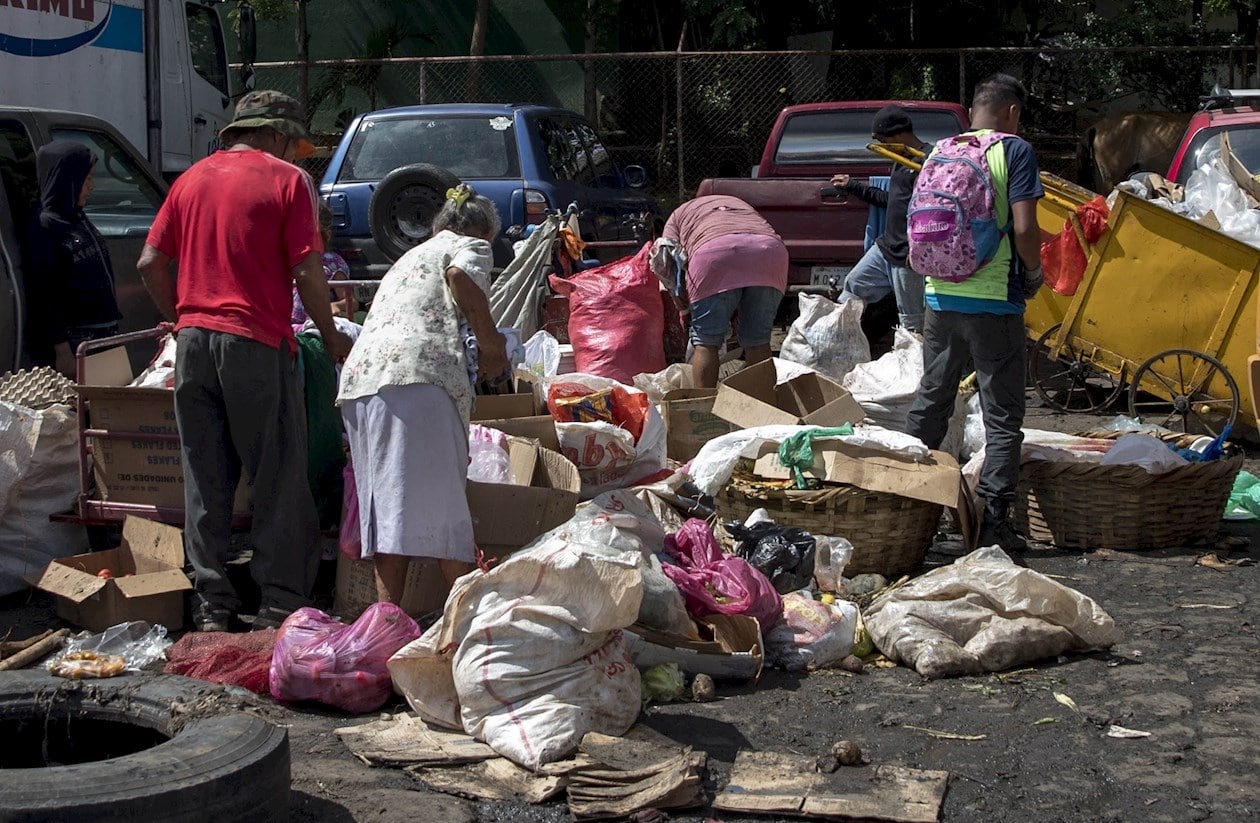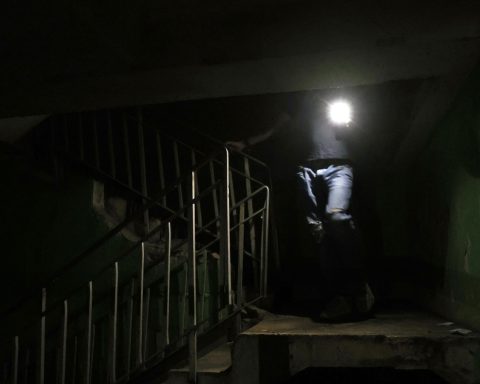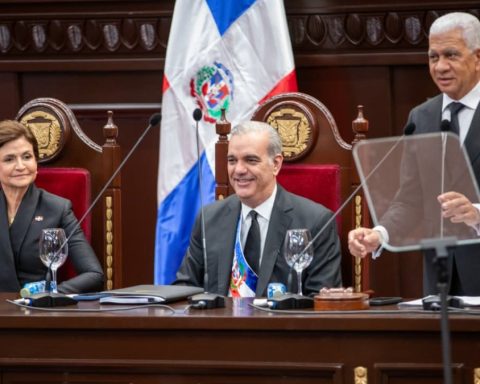The Economic Commission for Latin America and the Caribbean (ECLAC) lowered the growth forecast for Nicaragua’s gross domestic product (GDP) from the 3.0% that he calculated at the beginning of the yearup to 2.5% now indicated by his report entitled “Repercussions in Latin America and the Caribbean of the war in Ukraine: how to face this new crisis?”, presented this Monday.
The Russian invasion of Ukraine raised the prices of several commodities important —such as cereals, oil and steel— in addition to further disrupt the global logistics chaingenerating ‘winning’ economic activities (which includes various export products) and ‘losers’.
That same scheme is reproduced for the countries, based on their dependence on imported fertilizers and hydrocarbons. Some countries “net exporters of agro-industrial products will be affected by the double negative impact of the higher cost of energy and fertilizers, which will not be compensated by the increase in the prices of its main export products”, states the document.
In the case of Nicaragua, this will translate into an increase in total poverty, depending on the behavior of the consumer price index: according to ECLAC calculations, total poverty would grow from the 45.3% observed at the end of 2021, to affect to 46.0% of Nicaraguans —if inflation remains at 8.74% measured at the end of the first quarter— or up to 46.8% of the total population, if it rises another two percentage points in the rest of the year.
We probably won’t have to wait long to see that growth of two points: according to the Central Bank of Nicaragua (BCN), year-on-year inflation measured in April was already 9.95%, which points to the fulfillment of the worst scenario, in which In this case, extreme poverty would also “reach levels higher than those registered in the first year of the pandemic.”
Analyzing the regional situation as a whole, ECLAC details that “the results regarding the limited economic performance expected for 2022 and rising inflation they generate an adverse context for the living conditions of the population and their possibility of acquiring essential goods and services”. The increase in poverty, and extreme poverty, reflect “the tendency to further increase in food prices compared to the rest of the assets”, detailed the institution.
External flows at risk
Although the country has guaranteed its needs for agrochemicals and fertilizers, at significantly higher prices than in previous yearsECLAC warns —based on studies carried out in different parts of the continent— that “insufficient application of fertilizers can reduce yields per hectare and even reduce the area planted with certain crops.”
“The shortage of fertilizers has a significant impact on agricultural costs, in percentages of the total cost that range from about 20% in the case of rice, potatoes and sugar cane, to 40% in the case of yellow corn and corn. coffee”, reiterates the Commission.
On a larger scale, public finances, and those of companies, are at risk given the way in which international markets have evolved, given “the increase in financial volatility and global risk aversion as a result of the war”, which that has harmed capital flows to emerging markets, and could reduce the possibility of attracting new loans, or new foreign investment.
“This trend could accentuate in the coming months if inflationary pressures persist in developed economies and their central banks deepen contractionary monetary policies, including increases in monetary policy interest rates and the reversal of monetary stimuli (asset purchases) ”, adds the document.
The implementation of these “more restrictive monetary policies will negatively affect highly indebted countries… since they will limit their access to financing to renew previous debt or increase it in net terms. The increase in rates will also deteriorate the financial situation of the non-financial corporate sector, which has a high level of indebtedness”, emphasizes ECLAC.
The high dependence on oil (as a source of energy for transportation, and to generate part of the electricity consumed by the country), also represent factors to take into account: on the one hand, because Nicaragua’s foreign trade balance of fossil fuels in 2020, it exceeds three points of GDP, but also because 30% of the electricity consumed in the country comes from increasingly expensive hydrocarbons.
The net fossil fuel importing countries [como Nicaragua] They will surely face more difficulties in controlling inflation rates, which reduce the purchasing power of the poorest quintiles”, warns the specialized entity.
“The importance of the components of food, transportation (fuels) and housing (electricity, gas and water) in the consumer price index (CPI) contributes to the transfer of the external supply shock to general internal inflation. The external shock has affected internal production costs, as shown by the rise in the producer price index, which ends up impacting local supply”, explains ECLAC.
Strengthen tax progressivity
ECLAC points out that “in order to respond to the situation and boost sustainable and inclusive growth, pro-growth fiscal and monetary policies will be required.” For this reason, it proposes “to continue using fiscal policy as a central element of development policy, which requires strengthening public revenues to expand fiscal space. It is necessary to reduce evasion, reorient tax expenditures and strengthen the progressivity of the tax structure”.
Then, to contain inflation, particularly that which originates in supply, they point out that “monetary policy needs to use the widest range of available tools”, among them, “combine the use of the monetary policy rate with macro prudential and foreign exchange instruments, in order to face inflation minimizing the negative effects on growth and investment”.
The Commission highlights the urgency of “sustaining the well-being of the poorest sectors… Food security must be a priority. For this, the international trade of food and fertilizers should not be restricted because doing so would accelerate inflation and harm the poorest.
In a first stage, it proposes “maintaining or increasing food subsidies, implementing agreements to contain the prices of the basic basket with producers and marketing chains, and reducing or eliminating import tariffs on grains and other basic products.”
In the medium term, it highlights that “agricultural and industrial policies are necessary to strengthen support for agricultural production, as well as to increase the efficiency in the use of fertilizers, prioritizing biofertilizers. Industrial policy is key to reducing dependence on imported fertilizers in the medium term”, the report indicates.
Finally, it recommends establishing mechanisms for fuel price stabilization; as well as targeted and temporary subsidies to the most vulnerable population groups and to the productive sectors oriented to the internal market.

















